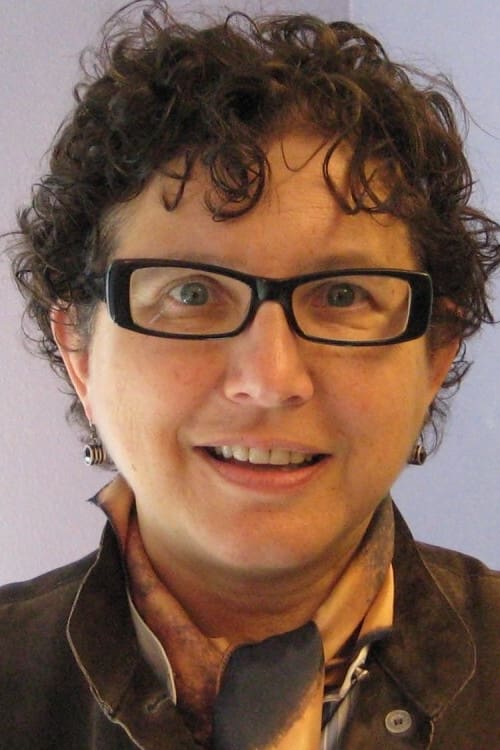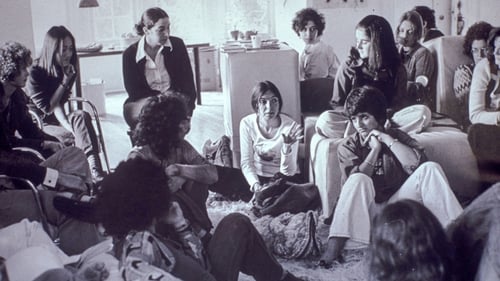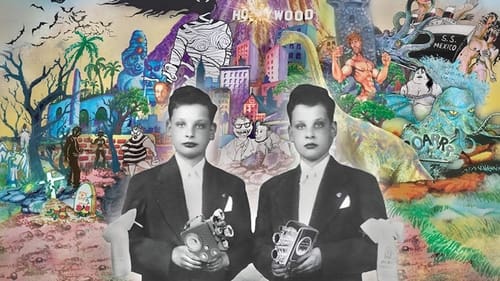B. Ruby Rich
약력
B. Ruby Rich is an American scholar, critic of independent, Latin American, documentary and gay films, and a professor of Community Studies and Social Documentation also known as "SocDoc" at UC Santa Cruz. She has also taught documentary film and queer studies during spring semesters at UC Berkeley. She is credited with coining the term New Queer Cinema.
Rich began her career in film exhibition after graduating from college as co-founder of the Woods Hole Film Society. She then became associate director of the Film Center at the Art Institute of Chicago. After working as film critic for the Chicago Reader, she moved to New York City to become the director of the film program for the New York State Council on the Arts for a decade.
A working cultural theorist and critic since the mid-1970s, Rich has been closely identified with a number of important film movements, such as independent film in the U.S. and Europe, Latin American cinema and, more notably, as one of the most important voices in feminist film criticism.
Her presence at film festivals (such as Sundance, where she was an early member of the selection committee), her film reviews in major national publications, and her commentaries on the public broadcasting programs The World and Independent View, have secured her place as a central figure in the history of what she terms "cinefeminism."
B. Ruby Rich appears in the 2009 documentary film For the Love of Movies: The Story of American Film Criticism where she discusses the appeal of the film, Amélie, and expresses her desire for a new kind of criticism to emerge from young critics which goes beyond "the auteur theory."
Rich has been a regular contributor to the Village Voice, as well as the San Francisco Bay Guardian and the British Film Institute's Sight & Sound. She has also contributed to The Guardian, the Nation, ELLE, Mirabella, The Advocate and Out. She was the founding editor of film/video reviews for GLQ: A Journal of Lesbian and Gay Studies.
The cover of her classic 1998 book, Chick Flicks: Theories and Memories of the Feminist Film Movement, reads, "If there was a moment during the sixties, seventies, or eighties that changed the history of the women's film movement, B. Ruby Rich was there. Part journalistic chronicle, part memoir, and 100 percent pure cultural historical odyssey, Chick Flicks – with its definitive, the way-it-was collective essays – captures the birth and growth of feminist film as no other book has done."
Rich's observations cover such things as travel, sex, and voodoo, as well as the anti-pornography movement, the films of Yvonne Rainer, a Julie Christie visit to Washington, and the historically evocative film Maedchen in Uniform.
She introduces each of her essays with an autobiographical prologue that describes the intellectual, political, and personal moments from which the work arose, in the hope that a new generation of feminist film culture might be revitalized by reclaiming its own history.
Rich is the recipient of the 2006 Honorary Life Membership Award from the Society for Cinema and Media Studies; and she is the recipient of the 2007 Brudner Prize at Yale University.
B. Ruby Rich lives in San Francisco.





